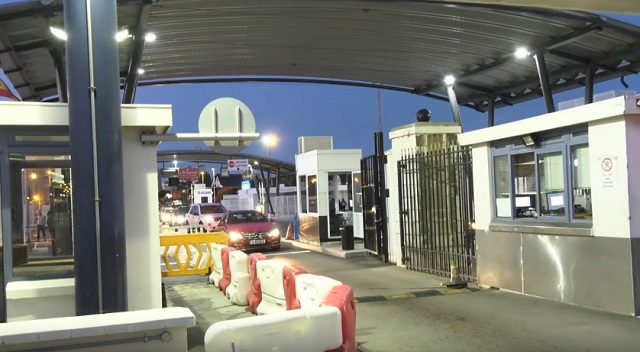
Brussels, Belgium | AFP | EU ministers will on Thursday debate a proposal to allow countries in Europe’s passport-free Schengen zone to reintroduce internal border checks for longer periods to tackle terror threats, diplomats said.
The proposal for countries to reinstate border controls — including for up to four years in rare cases — comes after the Schengen zone came to a virtual halt at the peak of the migrant crisis in 2015.
Under current rules, countries can reinstate border checks for up to six months when there is a terror threat, and up to two years in exceptional cases.
“This limitation does not match the needs in the context of a long-term terrorist threat,” according to a copy of the document drafted by France, Germany, Austria, Denmark and non-EU Norway.
“There is a need to allow a member state to reintroduce controls at its internal borders for a period exceeding six months,” according to a copy obtained by AFP.
“The grounds for such controls for periods exceeding six months would continue to involve the particular seriousness of the threat to internal security and the long-term nature of that threat,” it said.
Diplomats told AFP that the proposal will be submitted for debate when European Union interior ministers meet in Brussels on Wednesday.
Under the proposed amendment, a member state may reintroduce checks along the internal Schengen borders for renewable periods not exceeding two years.
In highly exceptional circumstances, the “total period may be extended to a maximum length of a further period of two years,” the proposal said.
France and Germany have been particularly hard hit by attacks claimed by the Islamic State jihadist group.
On November 13, 2015, the day jihadists slaughtered 130 people across the French capital in gun and bomb attacks, France reintroduced checks at its internal land borders with Belgium, Luxembourg, Germany, Switzerland, Italy and Spain.
On May 12, 2016, Germany, Denmark, Austria, Sweden and Norway also reintroduced border controls in order to cope with a massive migrant influx.
Fellow EU member states authorised those five countries for the third and last time on 12 May this year to extend the checks until November 11.
The reintroduction of so many checks raised concerns that the Schengen zone — a symbol of European unity and freedom — was under threat of collapse.
RELATED VIDEO:
 The Independent Uganda: You get the Truth we Pay the Price
The Independent Uganda: You get the Truth we Pay the Price





